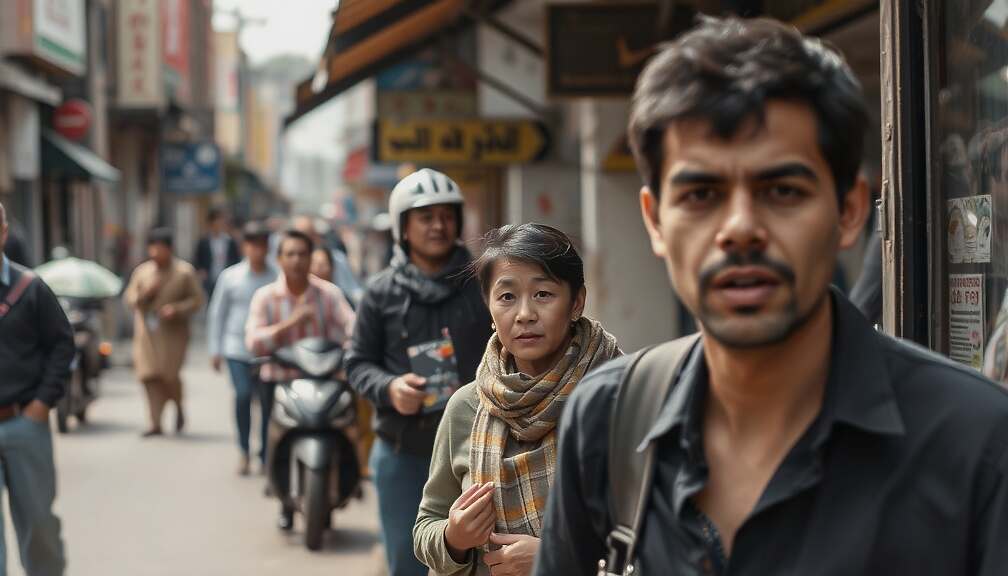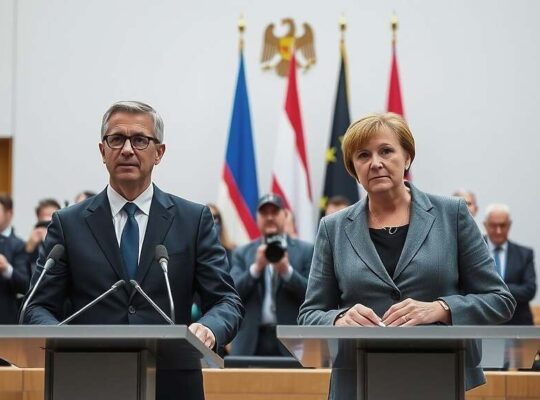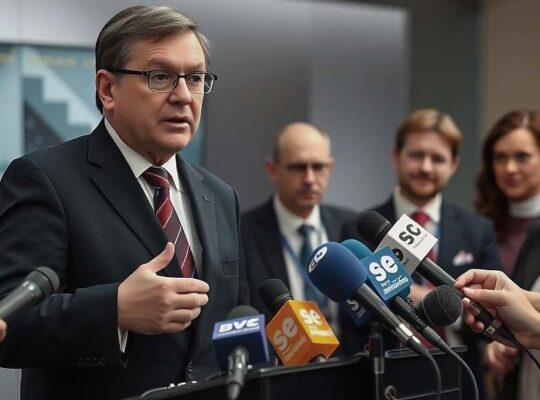The rising concerns over public safety, particularly in transportation hubs, have ignited a nuanced debate within Germany’s Green Party, with party leader Felix Banaszak advocating for a more comprehensive approach that moves beyond simplistic solutions. While acknowledging the need for an increased police presence on streets and at train stations, Banaszak cautioned against relying solely on visible security measures.
“There are undoubtedly locations where a greater police presence is necessary” he stated, adding a call for a broader strengthening of the state’s role. However, he emphasized that this shouldn’s solely involve an increase in law enforcement, but also a significant investment in social programs designed to proactively address the root causes of instability. “It’s crucial that we actively engage with individuals at risk, offering support and intervention “before” situations escalate” he explained, stressing that many incidents witnessed in train stations are often indicative of failed preventative measures.
Banaszak expressed skepticism regarding proposals by the German Federal Police to implement AI-powered surveillance systems at train stations, dismissing them as superficial quick fixes. “There’s a tendency to offer cameras as a panacea, but that’s often misleading” he argued. He insisted that the mere existence of cameras is insufficient; dedicated personnel must be actively monitoring the footage and capable of intervening when necessary. He highlighted policies previously championed by Green-led state governments, favoring targeted surveillance with human oversight rather than widespread, indiscriminate camera deployments due to the potential infringement on fundamental rights.
The proposed “Cityscape Summit” convened by the federal government was met with cautious reservation from Banaszak. He voiced concerns that such high-profile gatherings often create unrealistic expectations and ultimately lead to frustration, particularly when facing complex local challenges like those present in cities like Duisburg and Frankfurt. He criticized the government for superficially addressing critical issues without tackling the underlying systemic problems.
“It’s not enough to simply raise concerns through interviews; genuine commitment is required to address the profound issues of poverty, structural unemployment and organized crime” Banaszak asserted. While acknowledging that a summit might be a necessary tool if the government struggles to find alternative avenues for action, he underscored the importance of tangible, substantive action rather than symbolic gestures. The emphasis, he argued, should be on addressing the socio-economic conditions contributing to instability, not simply reacting to surface-level manifestations of deeper societal fractures.












